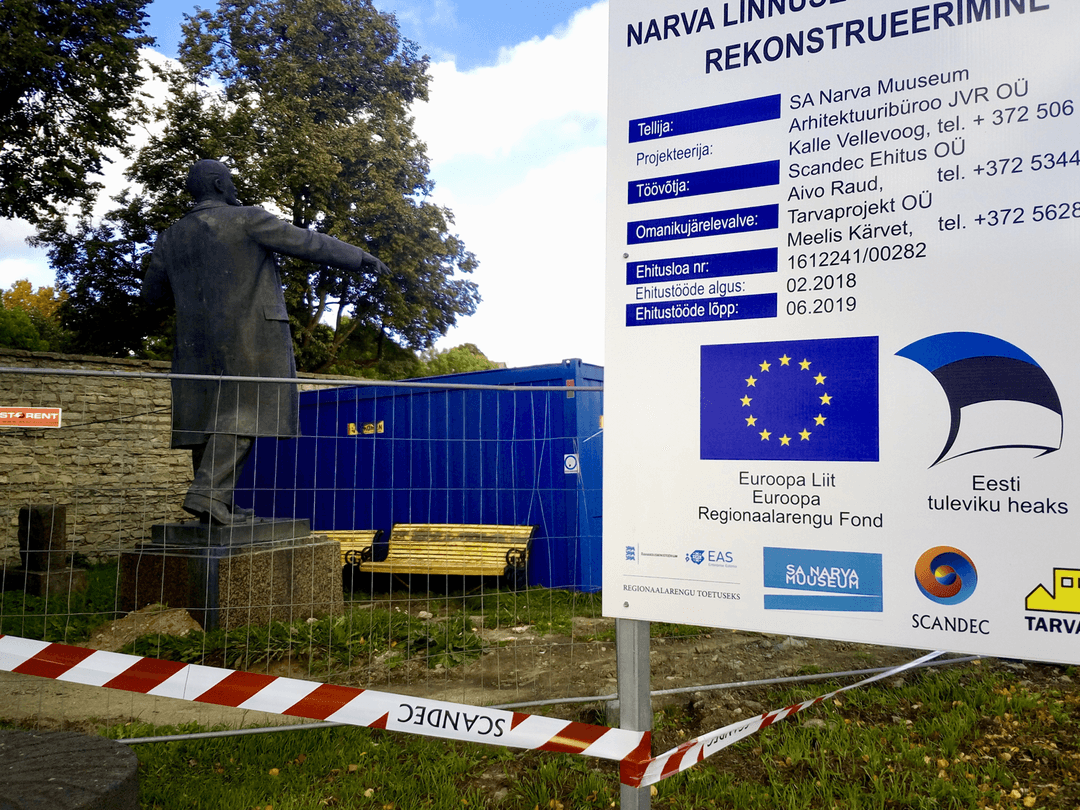
with A. Vonderau, C. Brkovic & E. Saleh. In Re- turns, Entanglements and Generations
Berghahn 2025
We understand Europe(s) as a multitude of open-ended and multi-scalar political, economic and cultural projects: as products and production sites of powerful, unevenly distributed and dynamic socio-material relations and entanglements.
All the four individual reflections emphasize the concept of ‘return’, shedding light on how Europe(s) are currently being reshaped with an eye towards the future. Today, Europe(s) are undergoing profound transformations, characterized by a pervasive sense of threat and suspended time, embattlement and a succession of crises that hinder the envisioning of a future.
In the collaborative process of writing this text, we encountered some aspects of the European project itself. The composition of the writing team was carefully chosen to capture the diversity and inequality across different perspectives on Europe. In our work, we have encountered various instances, faces and reverberations of Europe(s), across centres, peripheries, Easts, Wests, Norths and Souths.
Asta, for instance, looks at violent environments and technological zones between Europe’s East and West, and at overlapping regional and planetary scales of fossil modernity’s crisis. Elizabeth explores the entanglements of Europe and the so-called Levant. Čarna examines the Balkans, Europe and the Non-Aligned world; while Francisco studies Narva, the political and cultural edge of Europe, by paying attention to standardized practices of giving and receiving.
While writing this text, we have actively worked to align our situated and partial perspectives through continuous conversations, revisions, redesigns and regular check-ins with the rest of the team. The result of this collaboration sheds light on what might be recursively reiterated across different scales when a group of people converse with one another over an extended period of time.
-----------------------
In Re-Turns, Entanglements and Collaborations: Anthropological Experimentations. Jelena Tošić. Sabine Strasser. Annika Lems eds. Berghahn, 2025.
This collection marks the EASA Book Series’ 50th volume and celebrates collaborative forms of knowledge production in anthropology. It is organized around eight key themes and concepts that have marked anthropological debates in Europe over the past 20 years. Featuring engaging contributions, anthropologists from different generations and backgrounds come together to collaboratively reflect on questions that keep recurring throughout the book series. As a tribute to anthropology in and of Europe, the book is an experiment in collaboration as much as a testament to anthropology’s vitality and relevance in a world which sees itself confronted by challenges of planetary dimension.
https://www.berghahnbooks.com/title/TosicReturns
